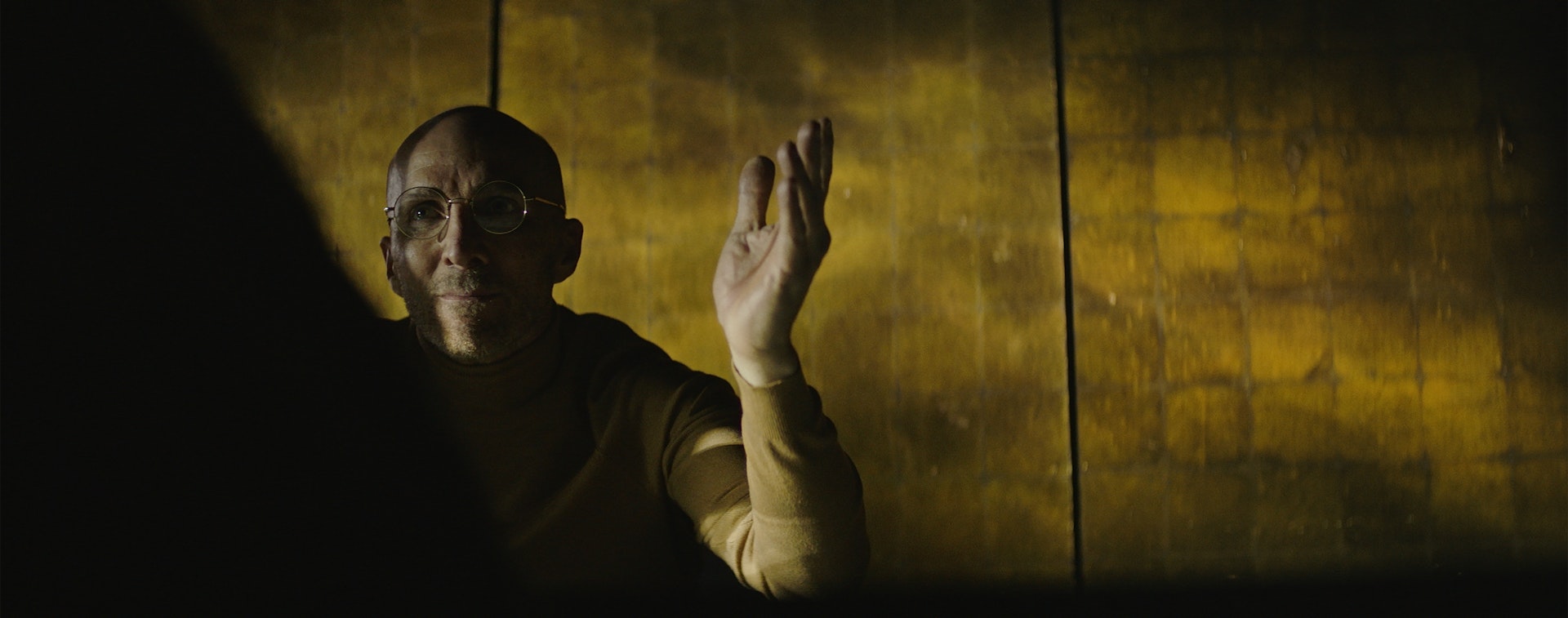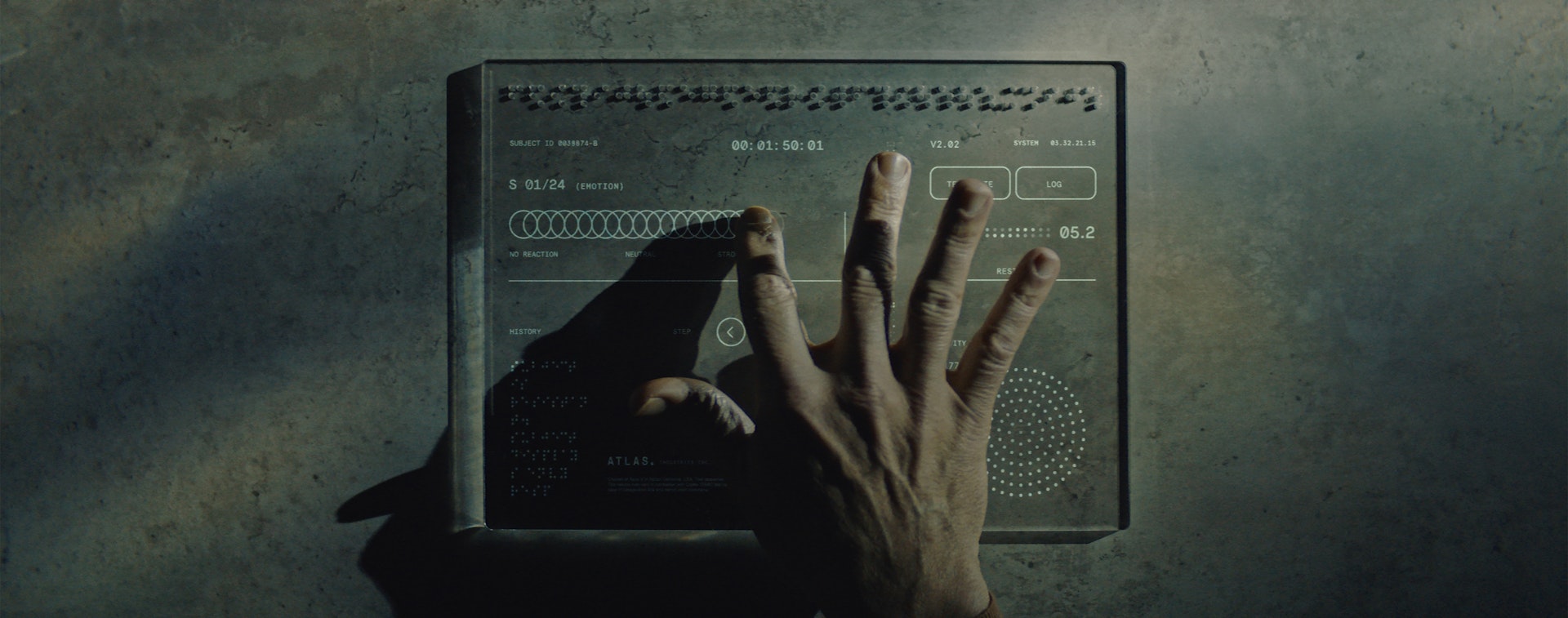A reclusive, retired tech company CEO David Hinton attempts to teach AI how to experience and process true human emotions
Stuart Langfield‘s ‘Loop’ is a short sci-fi film set in the middle of the 21st century. The film starts off with a shocking scene that will quickly set the somber mood. Beca pulls her drowning partner Isaac from a murky pond and makes a futile attempt to revive him. After giving up, she suddenly awakens inside a strange home where she’s subjected to repeated questioning. All part of an experiment conducted by reclusive Atlas X CEO David Hinton. David tests the limits of her comprehension, emotion and sorrow. Induced by extreme grief Beca reaches breaking point.

Could we program a machine to feel?
Loop is an artistic exploration of a simple hypothesis: emotion cannot be programmed, it must be felt and experienced to be real. I started exploring this concept while observing my young son discover and display new emotions through his own direct experience and contact with others. He was learning to process the feelings of anger, joy, disappointment, sadness, and I found this progression of maturity fascinating and insightful. I started to question whether replicating an emotive incident could result in a similar reaction every time and, if so, could we program a machine to feel?


The film is a visual and psychological experience. Langfield carefully crafts his characters and unique setting in ‘Loop’, to reach an incredible depth in terms of connections. Director of photography Cole Graham also takes the art to a new level. Despite its contained setting, the subtle details in the environment generates a life of its own, only adding depth to the already tonal story. Let’s not forget the solid performances from the three leads played by Michael J. Rogers, Valeriia Polishchuk and Tatenda Hatugari. As well as all the other production aspects like sound design and editing among others. Certainly a film worth looping.





